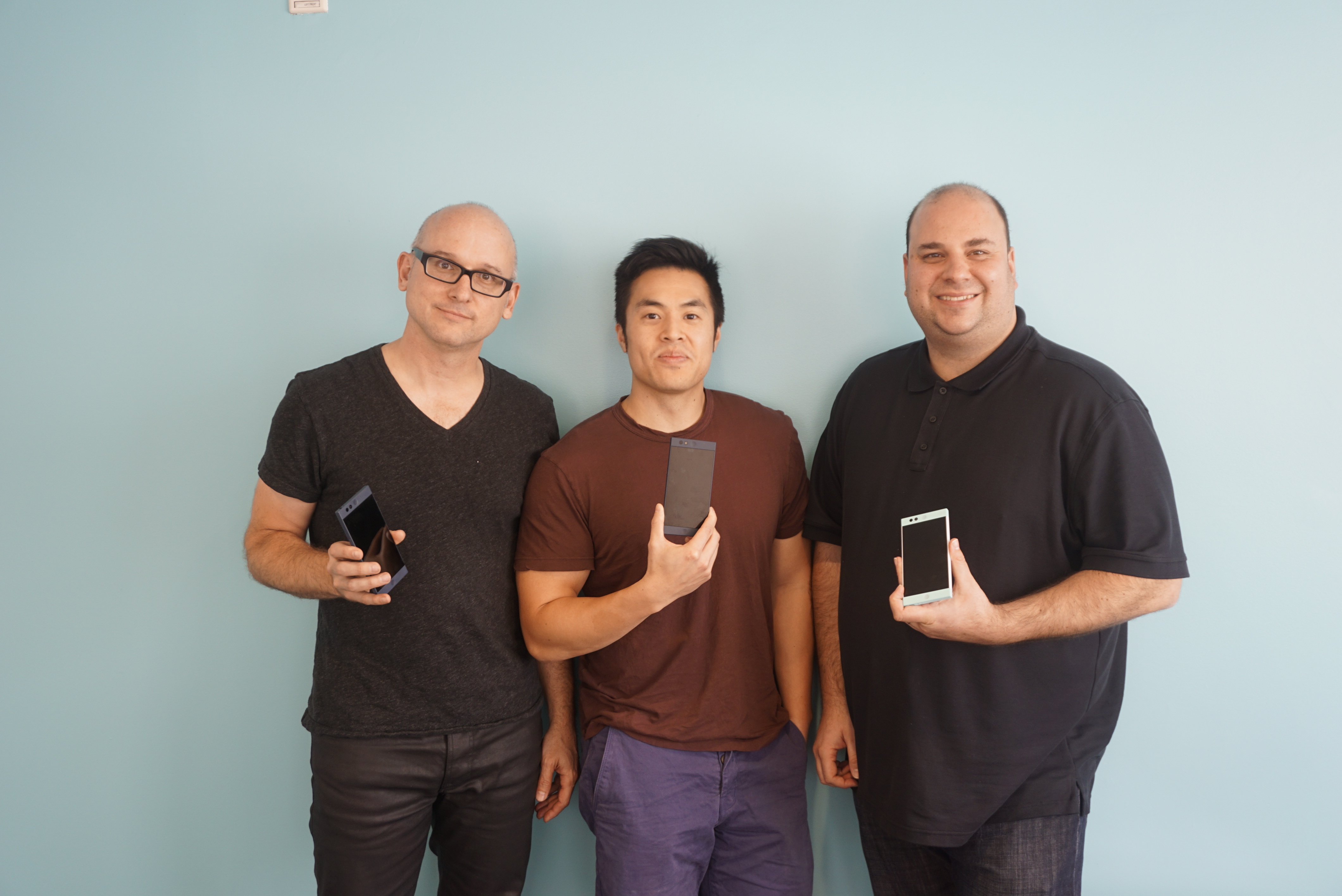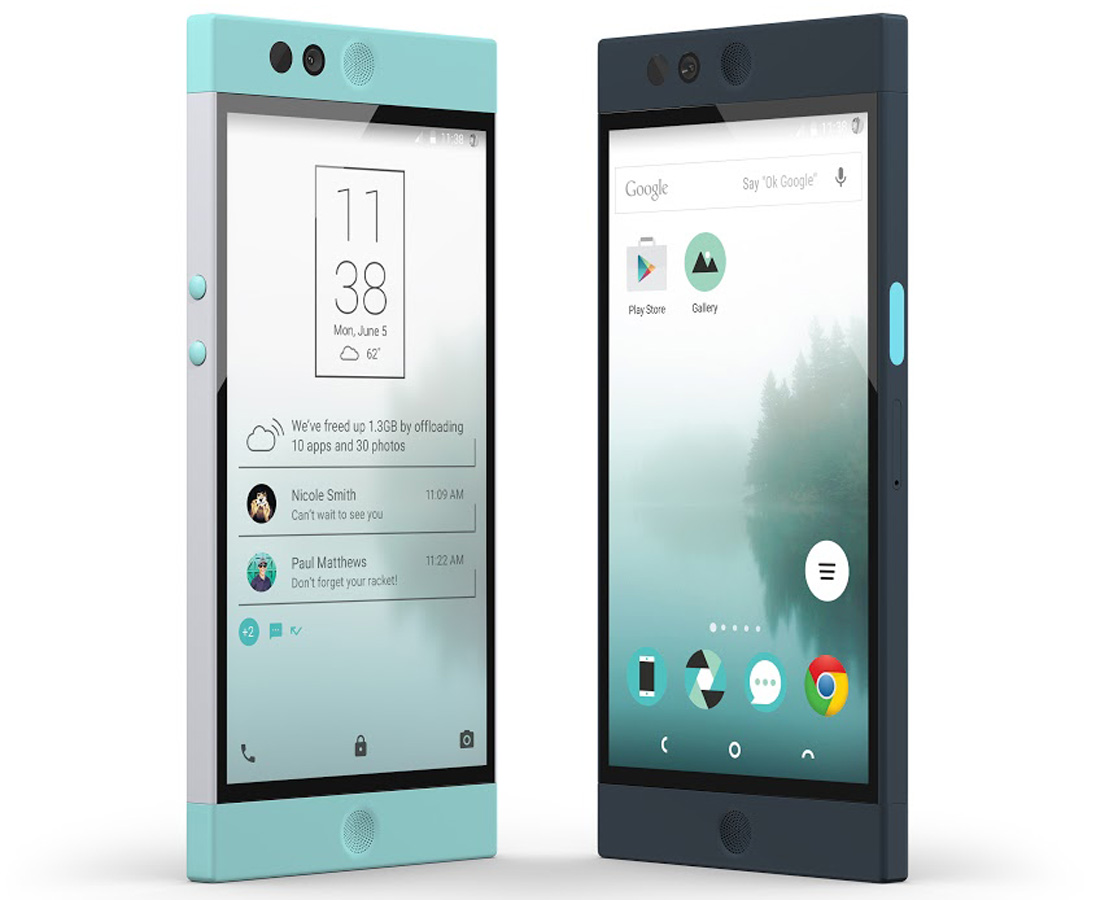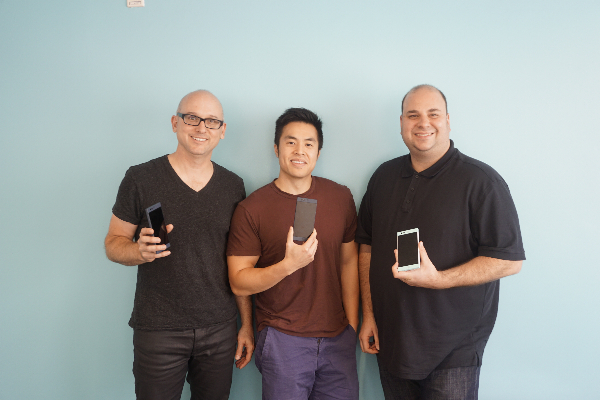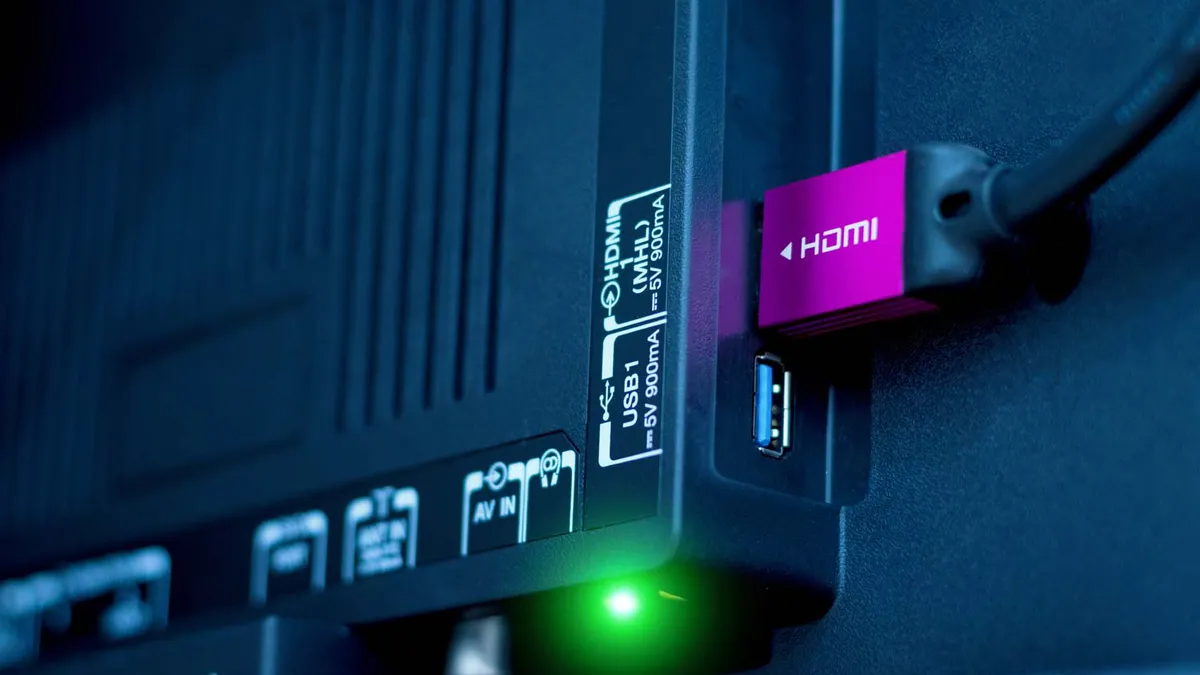Robin Smartphone Promises to Never Run Out of Storage
The Robin is an attractive mid-range Android phone with a clever trick: cloud data management that automatically frees up storage when you need it.


The market for sub-$400 Android phones has become quite saturated, but the team at Nextbit, which includes execs from Google and HTC, believes it has something that will set it apart from the pack. Thanks to the way it works with the cloud, the new Robin phone promises that you'll never hit a wall when it comes to storage space.
The device is launching on Kickstarter today, and the first 1000 backers can prepurchase the phone for just $299 — $100 off the regular price. Those not so quick on the draw can still get a discounted price of $349, but if you wait for general retail — expected sometime in early 2016 — you'll have to shell out the full $399.
On the outside, the Robin has a bold, minimalist design featuring a 5.2-inch full-HD display, but the real trick is what goes on in the OS. Nextbit has customized Android 5.1 with an active storage management system that allows the phone to free up extra space when you need it. The way it works is that when you buy the phone, you also get 100GB of cloud storage, which Nextbit uses to regularly back up the contents of your device.
MORE: Apple's Big Sept. 9 Event: Here's What to Expect
If you suddenly become Steven Spielberg for a day using your phone, the Robin can remove apps and photos that you haven't used in a while to make room for all the videos you're capturing. The best part? Because the account data for your apps is saved, when you decide you want to use an app again, you can redownload and use it without entering your info again.

"Lets say you haven't traveled in six months," said Scott Croyle, Nextbit's chief product and design officer. "We're going to take those off the phone. They're going to look like they're there, and we leave behind what we call shadow icons. And we do that backup when you're on Wi-Fi and plugged in. But when you're ready to roll — boom — you hit the app and it downloads, runs, and logs you in. It's like it was never removed."
The other components powering the phone aren't too shabby either, including a Snapdragon 808 processor (same as the LG G4), 3GB of RAM, 32GB of built-in storage, a 13-megapixel camera with dual-tone flash in the back, and a 5-MP cam in front. There's also a fingerprint sensor crammed into the slim side-mounted lock button on the right, and quick charging built-in.
Get instant access to breaking news, the hottest reviews, great deals and helpful tips.
You can see a little bit of the Robin's HTC heritage in its dual-front facing speakers, which are each powered by its own amp. That's not surprising, given that Croyle worked on the HTC One M8. However, the plastic Robin has an even more minimalist, squared-off aesthetic. Just don't go looking for a microSD slot, not that you'll really need it.
In a brief demo given by Nextbit Chief Technology Officer Mike Chan ahead of the Robin's Kickstarter campaign launch, I got a chance to check out the data management system in action. Even in a preproduction state, the software worked flawlessly when tasked with clearing space on a phone by deleting apps and media, starting with the oldest and least used items. In fact, you probably won't even notice when data is getting moved around, because there aren't warnings saying you're short on space.
It's only when you go to your home screen and see the grayed-out icons for your apps that you realize the phone has been moving files around in the background. But if you ever need to know when the Robin is talking to its Amazon AWS Web servers, there's a handy row of indicator lights below the fluffy cloud icon on the back.
The team from Nextbit also said that this tech could be used for other purposes, such as optimizing your photos for you or maintaining the out-of-the-box speed you get on a new phone, but reps refrained from making any concrete promises. Clever software aside, the Robin looks hip and stylish with its smooth matte-plastic body and striking two-toned color scheme. It's almost like Nextbit took Google's Material design language and applied it to a phone.
Between Motorola, Asus, Alcatel, Huawei, ZTE and others, the "affordable premium" Android phone market is quite crowded. But the people behind Nexbit believe that its unique value proposition will be enough for it to stand out.
"A lot of OEMs use your running out of storage as a way to get you to upgrade," said om Moss, Nexbit co-founder and CEO. "We're going to make it so that will never be the reason that you need to buy a new phone."
Sam is a Senior Writer at Engadget and previously worked at Gizmodo as a Senior Reporter. Before that, he worked at Tom's Guide and Laptop Mag as a Staff Writer and Senior Product Review Analyst, overseeing benchmarks and testing for countless product reviews. He was also an archery instructor and a penguin trainer too (really).
-
jakjawagon But what if you want to access something that hasn't been used in a while when you don't have an internet connection?Reply
 Club Benefits
Club Benefits





